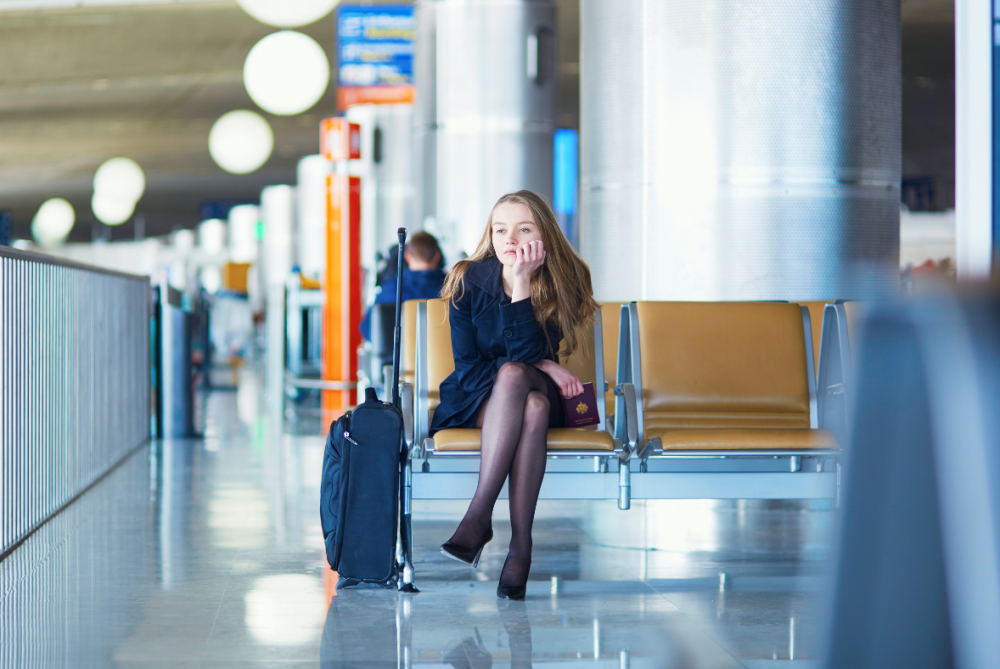Travel guidance has changed in the past few months due to surges in COVID-19 infections and a change in the administration. This advisory provides updates to travel bans and protocols, updates to National Interest Exceptions (NIE) for the Schengen area, and an overview on how to obtain a nonimmigrant visa appointment when requesting an NIE waiver.
Updates to Travel Bans and Protocols
Please take note of the following travel ban updates:
- COVID-19 related travel bans impacting travelers from China, Iran, the Schengen Area, United Kingdom, Ireland, Brazil, and South Africa remain intact.
- Presidential Proclamation 10052, which had prevented foreign nationals in certain temporary work visa categories, including H-1B, L-1, and J-1, has expired. This means that individuals who were subject to the visa ban may now schedule a nonimmigrant visa appointment at a U.S. consular post and apply for their visa.
- The three geographical COVID-19 Proclamations (PP 9984, 9992, and 10143) are the only proclamations that remain in effect at this time.[1]
Since January 26, 2021, a new CDC policy requires all international air passengers, including American citizens, to provide proof of a negative COVID-19 test before boarding international flights to the United States. The COVID-19 test must be taken within three days prior to departure. Proof of vaccination does not exempt international travelers from any of the restrictions or requirements currently in place.
Additionally, if you are seeking to return to the U.S. from a COVID-banned country and are unable to secure an NIE waiver, you may choose to return to the U.S. after a 14-day stay in a non-banned country. Since the COVID-related ban only applies to anyone who has been physically present in one of the banned countries, spending the 14 days prior to admission in another country removes the ban on entry into the U.S.
Restrictions and National Interest Exceptions (NIE) for Schengen Countries
On March 2, 2021, the U.S. Department of State (DOS) instituted significant changes to the criteria for granting National Interest Exceptions to Presidential Proclamation 10143 (extending PP 9993) suspending travel from Schengen countries to the United States. The updated guidance from DOS is outlined below.
DOS rescinded NIEs for the following categories:
- Technical experts and specialists
- Senior-level managers and executives
- Treaty traders and investors
- Professional athletes and dependents
DOS also rescinded the “provide substantial economic benefit” standard and replaced it with a new standard of providing “vital support of critical infrastructure.” The travel must be directly related to supporting the infrastructure.
Per the Department of Homeland Security Cybersecurity and Infrastructure Security Agency (DHS/CISA), designated critical infrastructure industries are the following:
- Chemical Sector
- Commercial Facilities Sector
- Communications Sector
- Critical Manufacturing Sector
- Dams Sector
- Defense Industrial Base Sector
- Emergency Services Sector
- Energy Sector
- Financial Services Sector
- Food and Agriculture Sector
- Government Facilities Sector
- Healthcare and Public Health Sectors
- Information Technology Sector
- Nuclear Reactors, Materials, and Waste Sector
- Transportation Sector
- Water and Wastewater Systems Sector
Further, the DOS’ new guidance states that NIEs based on the creation or retention of U.S. jobs or economic impact, on their own, are no longer accepted. NIE requests based on a job creation and/or economic impact argument are referred from U.S. consular posts to DOS in Washington, D.C., for approvals by the Assistant Secretary of Consular Affairs. U.S. embassies and consulates are not authorized to approve such requests.[2]
If you are traveling from a Schengen country and require an NIE waiver, please reach out to your WR Immigration attorney for assistance.
Nonimmigrant Visa Appointments and Documents for National Interest Exceptions (NIE)
Although U.S. consular posts have begun to resume routine visa services, the level of services offered will vary depending on the post, its available resources, and any relevant COVID restrictions.
To request an appointment with an NIE waiver, you must take the following steps:
- Schedule an appointment
- Pay the required visa fee
- Request an expedited visa appointment including the NIE request and supporting documents and information
Please note that each consular post adjudicates and reviews NIE requests differently. We recommend first reaching out to your WR Immigration attorney to confirm the best practice for applying for an NIE waiver, depending on the consular post you plan on visiting.
[1] https://travel.state.gov/content/travel/en/News/visas-news/phased-resumption-routine-visa-services.html
[2] Practice Pointer: Obtaining NIV Appointments and Applying for National Interest Exception Waivers for Travelers from The Schengen Area, United Kingdom, And Ireland (AILA Doc. No. 20091704. (Posted 3/30/21)).


